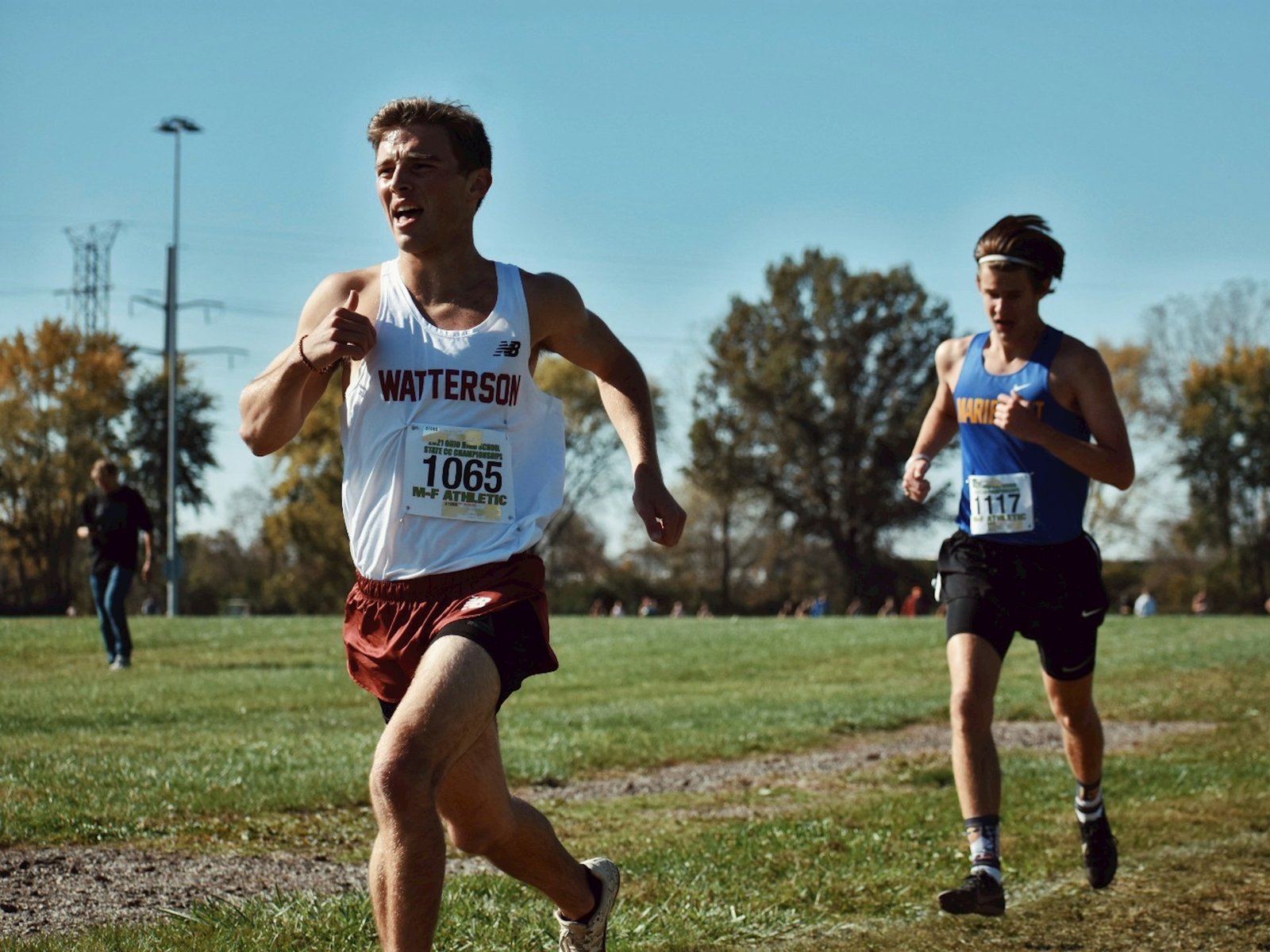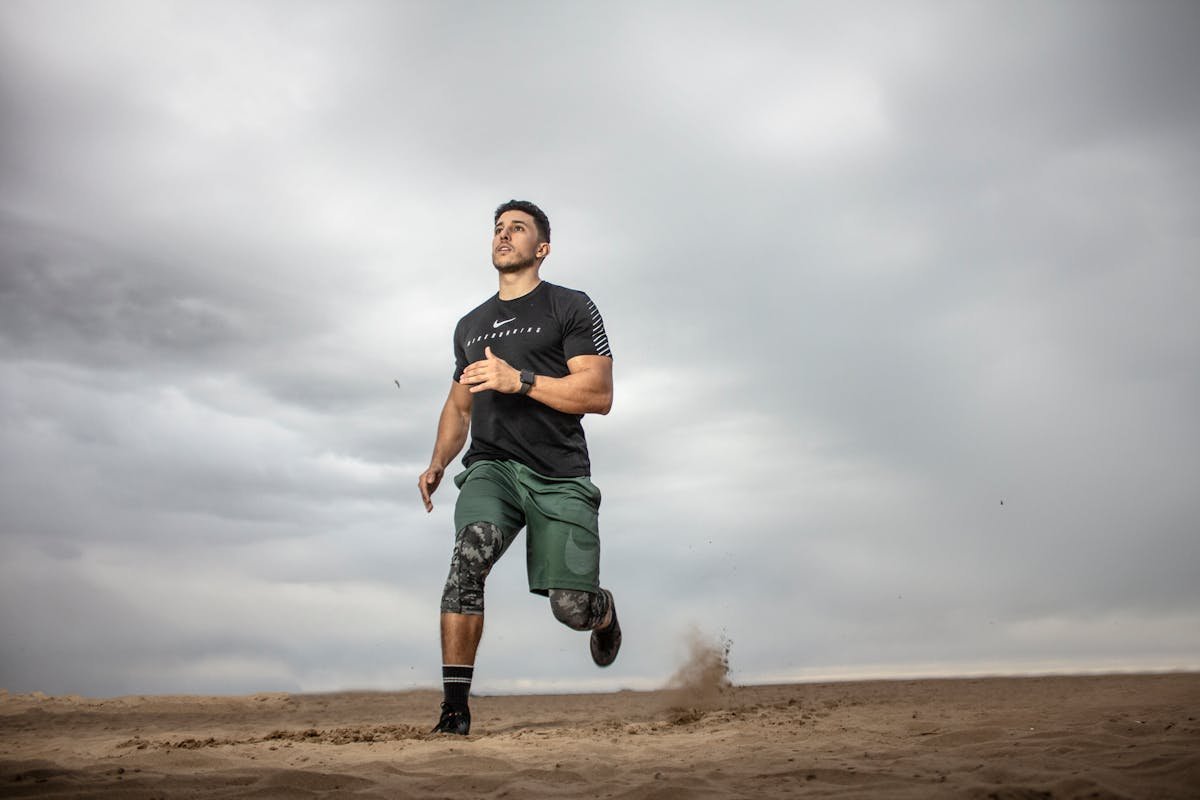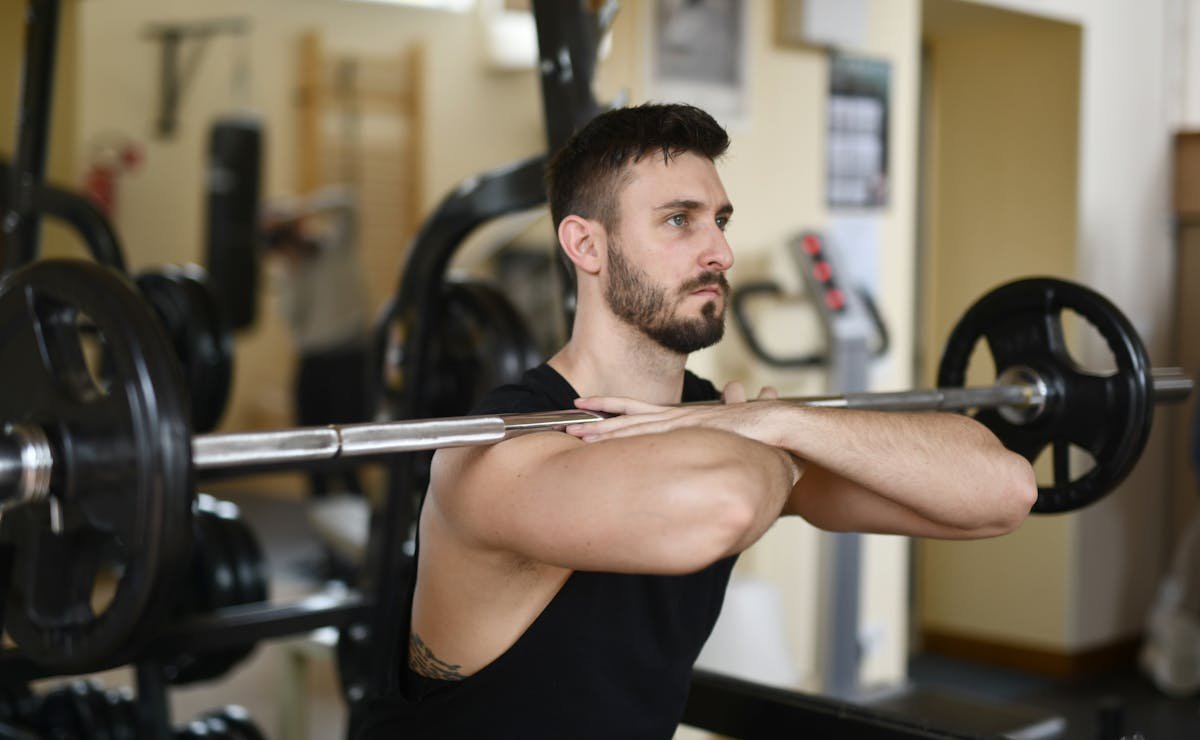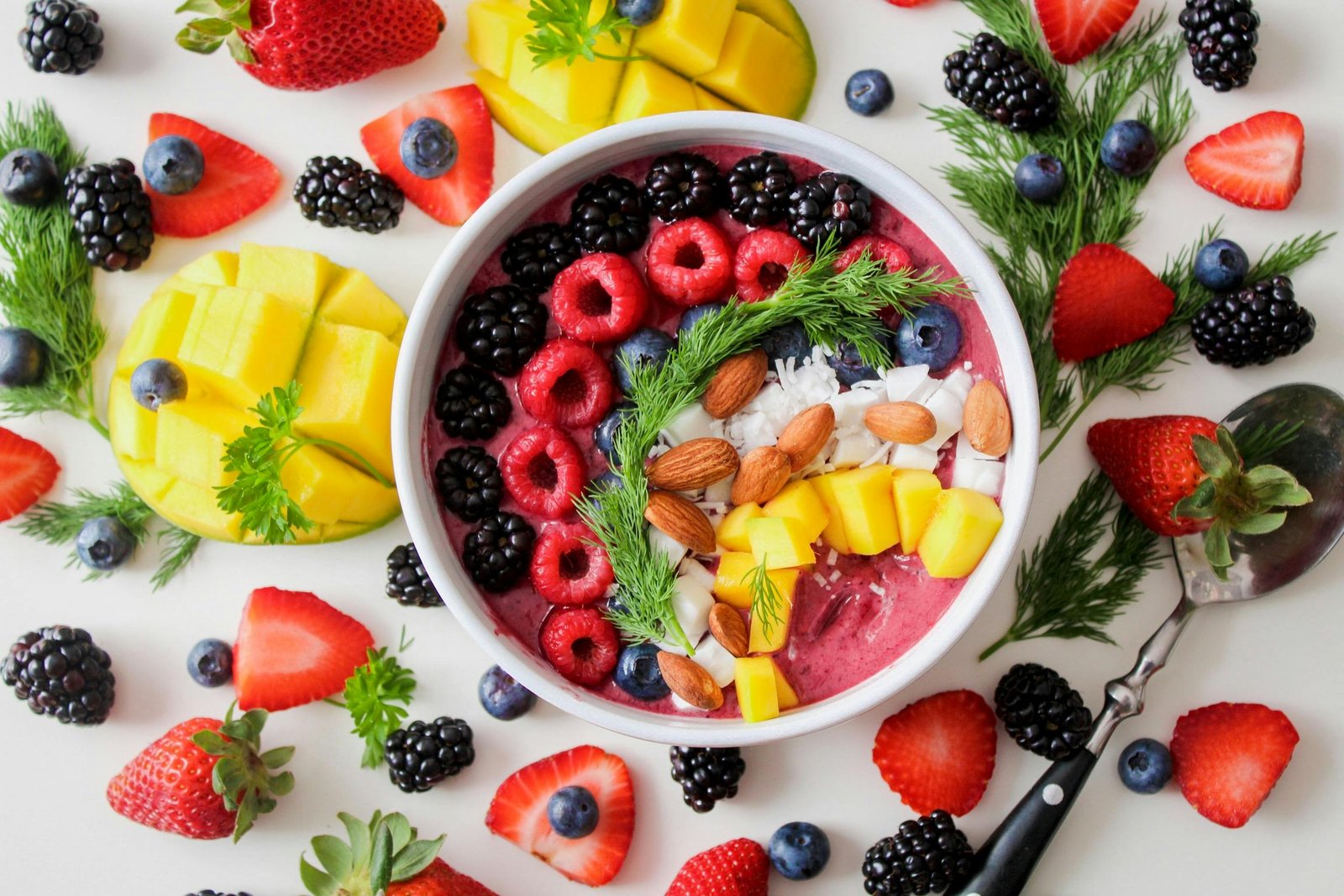How to Improve Athletic Performance Naturally
Sport / Date: 10-14-2024

Improving athletic performance is a goal for many, whether you're a professional athlete or just someone who enjoys staying active. While supplements and performance-enhancing drugs may be tempting, there are plenty of natural ways to boost your physical capabilities. By focusing on key elements like nutrition, sleep, and proper training, you can enhance your performance naturally. This article will explore how to improve athletic performance naturally by incorporating essential strategies into your routine.
1. Optimize Your Nutrition
One of the most crucial factors in improving athletic performance is nutrition. A balanced diet rich in whole foods fuels your body with the essential nutrients needed for energy, muscle recovery, and overall performance. Focus on consuming a variety of foods, including lean proteins, healthy fats, complex carbohydrates, and an abundance of fruits and vegetables.
Protein helps build and repair muscles, while carbohydrates provide the necessary energy for endurance and strength. Healthy fats, such as those found in avocados and nuts, are vital for joint health and hormone balance. To improve athletic performance naturally, ensure that your diet is well-rounded and nutrient-dense.
2. Stay Hydrated

Hydration is essential for peak performance. When you’re dehydrated, your body cannot function optimally, leading to decreased endurance, strength, and cognitive performance. To improve athletic performance naturally, drink plenty of water throughout the day, especially before and after workouts.
Electrolytes are also important, particularly during long or intense exercise sessions. Electrolytes help regulate fluid balance and muscle function. Drinking coconut water or eating foods like bananas and leafy greens can help maintain your electrolyte levels naturally.
3. Prioritize Quality Sleep
Sleep is a powerful yet often underestimated tool for improving athletic performance naturally. During sleep, your body repairs and regenerates tissues, builds muscle, and restores energy. Consistently getting quality sleep ensures that your body is well-prepared for physical activity.
Aim for 7-9 hours of uninterrupted sleep each night. Proper sleep hygiene, such as maintaining a regular sleep schedule and creating a relaxing pre-bedtime routine, can improve sleep quality. This simple habit can significantly enhance recovery, reduce the risk of injury, and boost your athletic performance.
4. Strengthen Your Mental Toughness
Mental toughness is just as important as physical strength when it comes to improving athletic performance naturally. Developing a strong mindset can help you push through challenges and setbacks, allowing you to stay focused on your goals.
Techniques such as visualization, mindfulness, and positive self-talk can improve your mental resilience. These practices help reduce stress, enhance concentration, and boost motivation, all of which contribute to improved athletic performance. A strong mind leads to a strong body, so invest in mental training as part of your natural performance-enhancing strategy.
5. Incorporate Strength Training

Strength training is vital for athletes looking to improve performance naturally. Building muscle helps improve power, endurance, and overall body stability. Incorporating compound exercises, such as squats, deadlifts, and bench presses, targets multiple muscle groups and helps build functional strength.
Incorporating strength training into your routine two to three times a week can increase muscle mass, improve joint health, and reduce the risk of injury. Be sure to focus on proper form and technique to avoid injury and ensure that you’re getting the most out of your workouts.
6. Focus on Flexibility and Mobility
Flexibility and mobility are key factors in athletic performance. Having a good range of motion in your joints and muscles allows for more efficient movement, which can improve your speed, power, and agility. Flexibility also reduces the risk of injury by ensuring that your muscles and tendons can stretch and move properly during exercise.
To improve athletic performance naturally, incorporate stretching and mobility exercises into your routine. Yoga, dynamic stretching, and foam rolling are all excellent practices that enhance flexibility and mobility, promoting better overall athletic performance.
7. Fuel Your Body with Natural Supplements
While many athletes turn to synthetic supplements, there are natural alternatives that can help improve performance. For example, beetroot juice is known to enhance endurance by improving blood flow and oxygen delivery to muscles. Similarly, caffeine, found in coffee or green tea, can boost energy levels and improve focus.
Other natural supplements like turmeric for inflammation, ginger for digestion, and omega-3 fatty acids for joint health can also contribute to improved performance. These natural supplements support your body’s functions without the potential side effects associated with synthetic products.
8. Practice Recovery Techniques
Recovery is just as important as training when it comes to improving athletic performance naturally. Allowing your body time to recover helps prevent injury, reduces muscle soreness, and ensures that you can continue performing at your best. Active recovery techniques, such as light stretching, swimming, or yoga, can help promote blood flow to muscles and reduce stiffness.
Cold therapy, like ice baths or cold showers, can help reduce inflammation and speed up muscle recovery. Massage therapy and foam rolling are also effective methods for improving circulation, reducing muscle tension, and enhancing recovery. By prioritizing recovery, you can optimize your performance naturally.
9. Improve Cardiovascular Endurance
Cardiovascular endurance is essential for athletes, as it allows you to perform at higher intensities for longer periods. Improving your cardiovascular fitness can naturally enhance your overall athletic performance by increasing your stamina, speed, and recovery times.
Incorporate a mix of high-intensity interval training (HIIT) and steady-state cardio into your routine to boost cardiovascular endurance. HIIT sessions, such as sprints or cycling intervals, improve both anaerobic and aerobic capacity, while longer, steady-state cardio sessions, like running or swimming, build endurance. Balancing these two forms of cardio can help you improve your athletic performance naturally.
10. Maintain Consistency and Progression
Consistency is the key to success when trying to improve athletic performance naturally. Regular training, proper nutrition, and adequate rest are all essential components of achieving and maintaining peak performance. Without consistency, progress will stall, and your performance may decline.
It's also important to progress gradually. Overtraining can lead to burnout or injury, which can derail your progress. Instead, focus on making small, consistent improvements over time. Whether it’s increasing the intensity of your workouts, adding more weight, or fine-tuning your diet, gradual progression will help you improve your athletic performance naturally without risking your health.
Conclusion
Improving athletic performance naturally is achievable through a combination of proper nutrition, hydration, sleep, mental training, and consistent exercise. By incorporating strength training, flexibility exercises, and cardiovascular endurance training into your routine, you can enhance your physical abilities without relying on performance-enhancing substances.
Natural supplements, such as beetroot juice and omega-3s, can further support your body’s functions, while prioritizing recovery and managing stress will ensure that you can maintain peak performance. Ultimately, maintaining a balanced approach to training, nutrition, and recovery will help you improve your athletic performance naturally and sustainably.
Follow Us
Newsletter
Subscribe to our newsletter to stay updated with our latest news and offers.
We respect your privacy.







